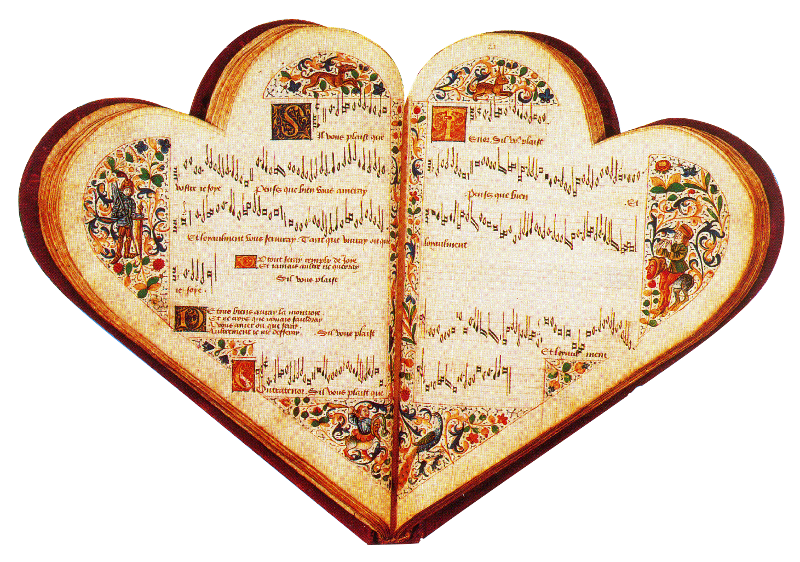Jakob Lenz RIHM WOLFGANG
Chant et Piano Classique
Description :
Chamber opera does not mean “little opera.” On the same scale as chamber music is to the symphony, it is rather the other way of talking onstage. The movable apparatus permits sophisticated voice-leading. A large ensemble demands simple conception to achieve the complexity it perhaps intends; this can be formulated more sharply and nuanced in a chamber ensemble. Therefore it is the subject which this type of presentation must sustain – or, better, provoke.
Büchner’s Lenz
is a description of the conditions within a process of collapse, moments of destruction already occurred but not yet accepted, evident in the points of contact with the environment. And it was those points of contact which Michael Fröhling attempted to reconstruct onstage. Lenz’s distraught state is always the same; only the proximity of the environment to that distraught state grows and ebbs.
The musical consequence
An hour of extreme chamber music results from this description: always bound for the main character – actually, not a commentary, but the main character himself as a multilayered level of action. Although Lenz acts on many levels – or tries to or believes he is – he has no room to manoeuvre. That is why he is also tightly interwoven in his sonic surroundings; the voices which only he hears are just as much himself as the two men with whom he foregathers (the liberal pragmatist Oberlin and the alert merchant who always “does the right thing” in every situation) – they evoke responses which he deeply desires. Omnipresent Friederike is just as much his inner world as Nature is – Nature, which he can no longer perceive unless it is personified, enlivened or dead.
Therefore, the music’s task is both to motivate the “situation” (atmospherically) and to be the psychological constant (via a network of entangled references per se) in an action as it is played out.
The compositional process
December 1977 to June 1978 – a period identical to the stepwise understanding of an existence as that of Jakob Lenz. Yet the more the historical figure became precisely attendant in my intellect in terms of data and atmosphere, the more it retreated in favour of a cipher of disturbance as I began to understand Lenz.
Thence the explanation for the failure of the attempts to approach him – including my attempt to interpret him via musical representation – because, essentially, Lenz himself is the failure. Only the naked stages of that failure remain portrayable, i.e. including the failure of those who wish to “help” Lenz, for example, while Lenz himself is already trapped inextricably in a state of complete destruction. I tried to compose my way into that situation as far as possible; the insistence of several rhythmic and harmonic configurations is the palpable expression of the main character’s ever-recurring rigidity. One sound pervades the entire work.
The musical stage
For me, this is a place where very magical and very human things take place. In Jakob Lenz, the human aspects often switch to magical ones, since the realism of a self-suasive, unhinged soul takes on surreal traits – or we simply cannot understand that otherwise except as not being real. A character like Jakob Lenz on the stage is complex due to the fact alone that it harbours many stages within itself, and music must represent those constantly present stages.
I have tried to do so in the most direct way – by not cleanly separating the musical layers, but keeping them constantly in evidence until they must break forth, each in accord with its own dramaturgy. In an overview, the large form takes on aspects of a rondo, performed in overlapping layers – a type of rondo relief, since perspectives of psychological proximity and distance are indeed formulated musically as atmospheric relations.
Above all: the thread on which Jakob Lenz hangs is the current onto the listeners’ hearts.
Wolfgang Rihm (January 1979)
Contenu
Jakob Lenz für Soli und Kammerensemble











